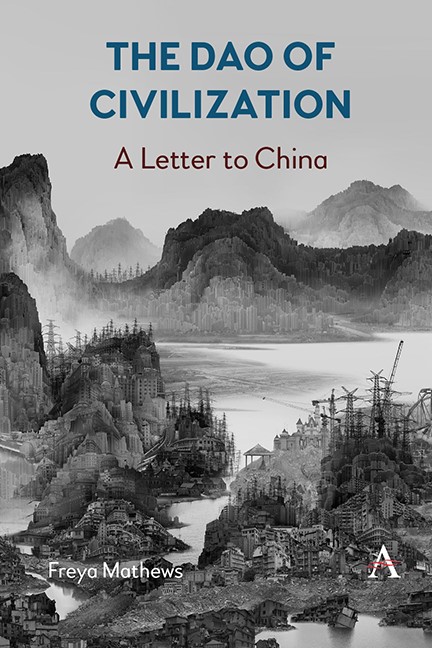Part I - A Philosopher’s Letter to President Xi Jinping: on the Meaning of Greatness
Published online by Cambridge University Press: 15 November 2023
Summary
Dear President Xi Jinping,
I write to you in deep sorrow at the tension that presently clouds the relationship between our two nations. I write as a private Australian citizen, one with no connection to government or political life, but also as a philosopher who has for many years cherished and championed Chinese tradition as a potential source of moral guidance for the modern world, particularly for the West.
my search for clues as to how modern civilization might reshape itself in response to the unprecedented environmental dangers that now in the twenty-first century threaten our world, I have consistently drawn on the indigenous philosophy of China, Daoism. It is thus in the spirit of all those obscure, mountain-dwelling Daoist recluses to whom Chinese emperors of old occasionally resorted, and whom I hold in such fond regard, that I venture to write to you today.
Your nation, already spectacularly resurgent, makes no secret of the fact that it is striving to become not merely a great superpower, which it manifestly already is, but the greatest, economically overtaking the United States and resuming its historical status as the Middle Kingdom, centre of world civilization.
What might this mean for a small country like Australia? It depends, I think, on the intended meaning of greatness. What is greatness, in a nation, an empire, a civilization? Certainly, it is not a matter merely of brute force, the capacity of one nation to coerce other, weaker nations to do its bidding on pain of economic and perhaps other forms of annihilation. Yet this wolfish posture is one that China seems recently to have embraced in relation to Australia and other countries: do our bidding, Chinese officials seem to say, or we will crush you – we will cripple your economy.
Admittedly Australia has, over the past several decades, been foolishly short-sighted in allowing itself to become economically dependent on trade with China. But China’s new punitive demeanour towards Australia serves only to turn us away, driving us to seek alternative markets, other partners. The example China is presently making of Australia sends a shudder of fear but also of revulsion through many countries.
- Type
- Chapter
- Information
- The Dao of CivilizationA Letter to China, pp. 1 - 8Publisher: Anthem PressPrint publication year: 2023



